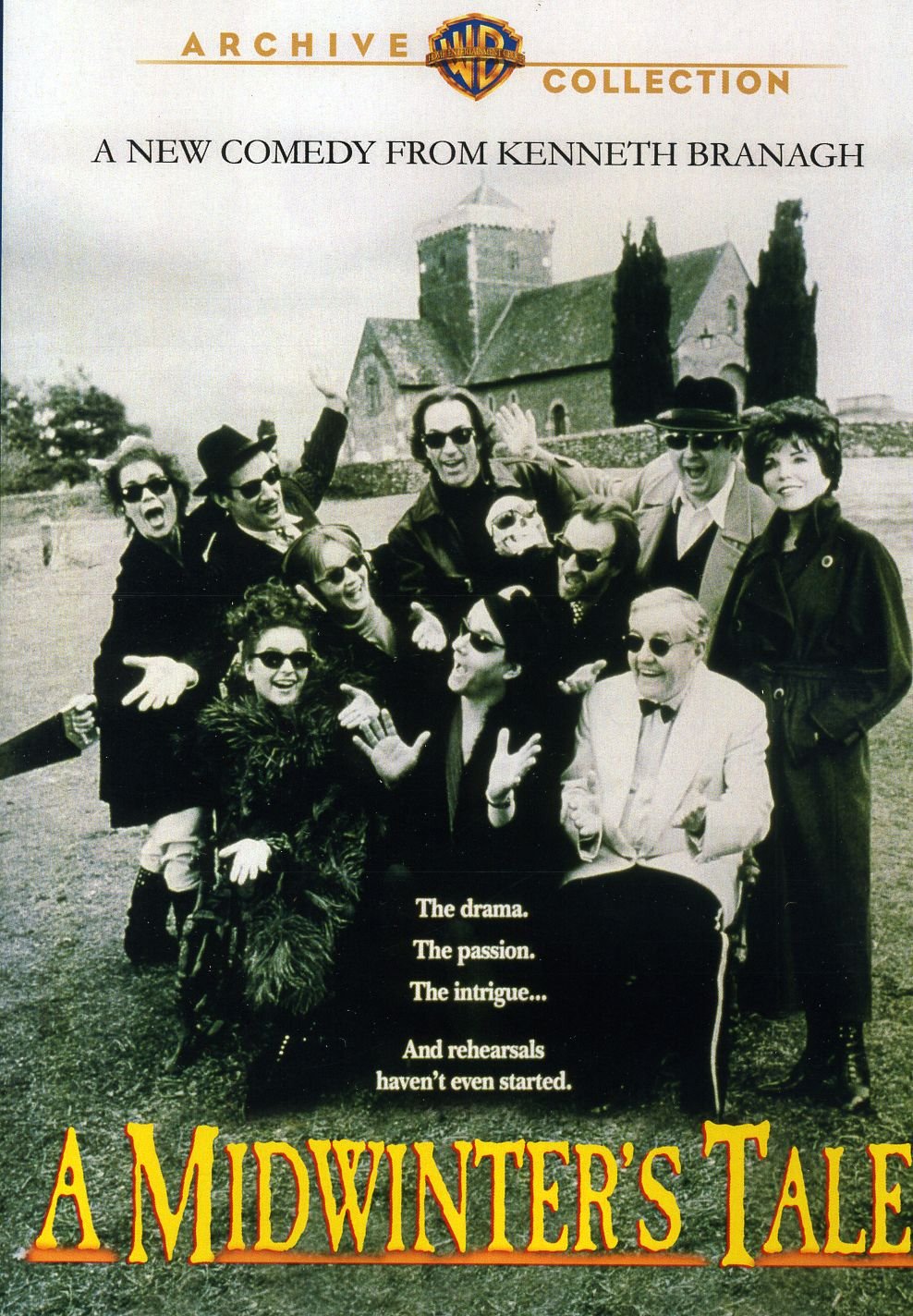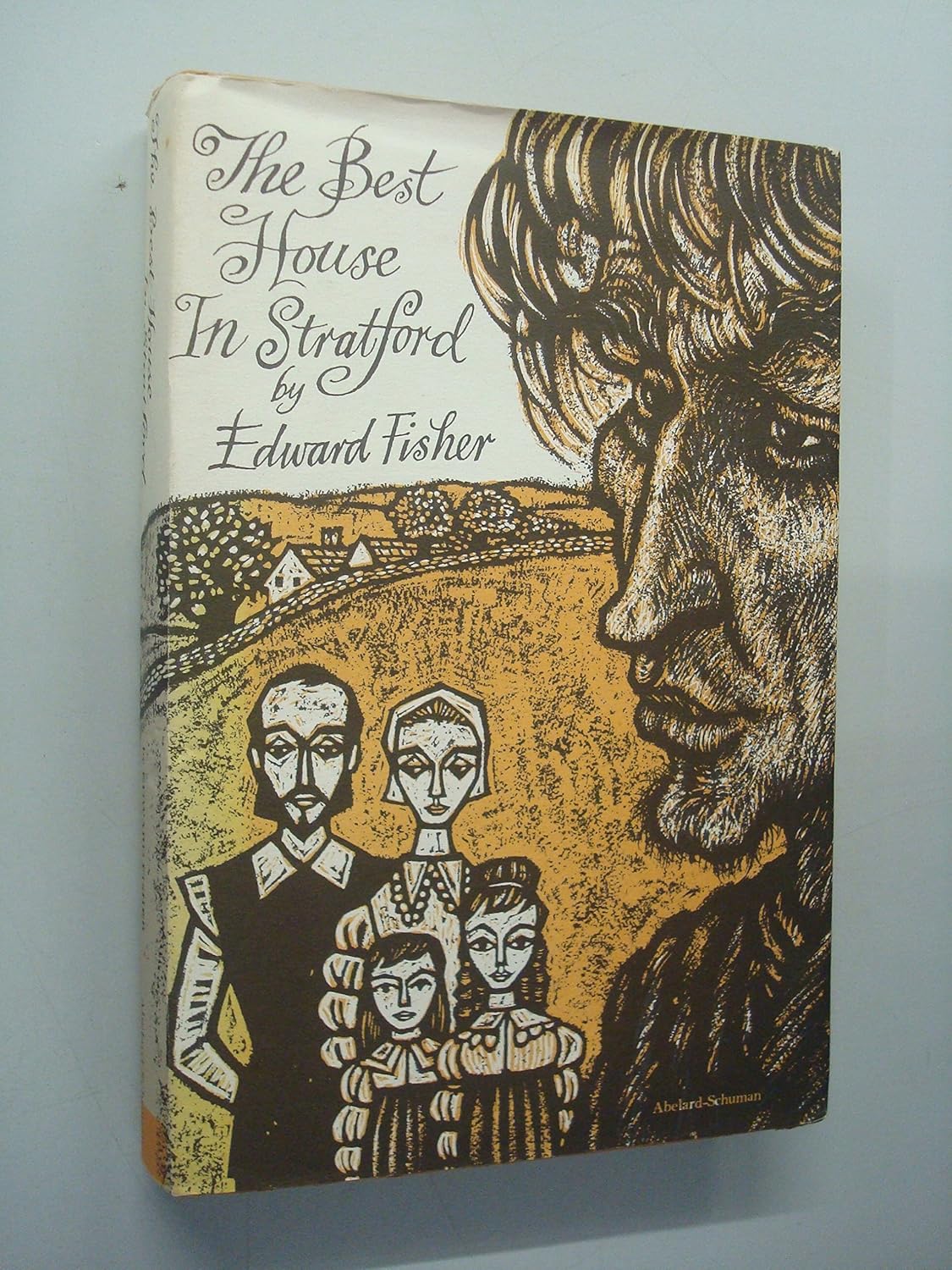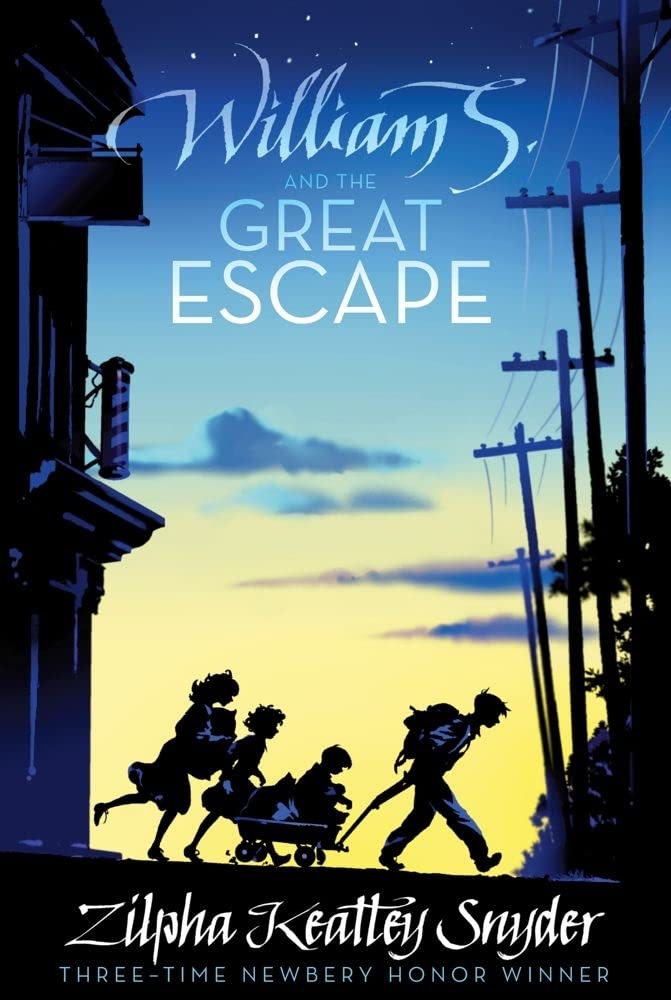 Enger, Lin. Undiscovered Country. New York: Little, Brown, and Company, 2008.
Enger, Lin. Undiscovered Country. New York: Little, Brown, and Company, 2008.I've reserved this book for the finale of our series of Book Notes on Literature Inspired by Shakespeare.
Lin Enger's Undiscovered Country transposes the plot of Hamlet to northern Minnesota. It is exquisite. The basic plot structure is present, but Enger has made copious alterations and additions to it—all of them fascinating and significant—and he has played with the characters to a considerable degree as well. Jesse Matson, the Hamlet analogue, has a brother much younger than he is, for example. And, in this telling of the plot, the rumor about the father's death isn't that a serpent stung him: it's that he committed suicide.
The novel is extremely compelling. I found myself completely lost in the story, only occasionally pulling myself out to contemplate its relation to Hamlet. I will need to read it again—and then re-read it—for both pleasure and for study. In fact, I'm thinking of adding it to the syllabus of a course I'm proposing for the spring (the course will be called "Literature Inspired by Shakespeare"). I imagine it provoking considerable discussion.
One passage I enjoyed particularly has the same kind of self-reflexivity of Hamlet itself. In it, Jesse explains to his friend Charlie—who is mostly a Horatio analogue, and who has also (some time earlier) lost a father due to an apparent suicide—that he saw his father's ghost (click on the image to enlarge it):

Undiscovered Country, pages 59-60.
I found it delightful to have this meta-narrative at work in the plot. A paragraph later, Jesse ponders the relationship between his earlier frustration with Hamlet's inaction and his own situation, deepening our appreciation of both:

Undiscovered Country, page 60.
The rest of the novel is filled with similar depth, as well as passages of lyric beauty and emotional complexity. There are also pleasing ambiguities scattered throughout. The possibility of an affair between the Gertrude analogue and the Claudius analogue is raised, explained away, raised again, and finally settled (though I won't tell you in what direction).
My recommendation about Undiscovered Country can be summed up in three words: "Read it now."



























